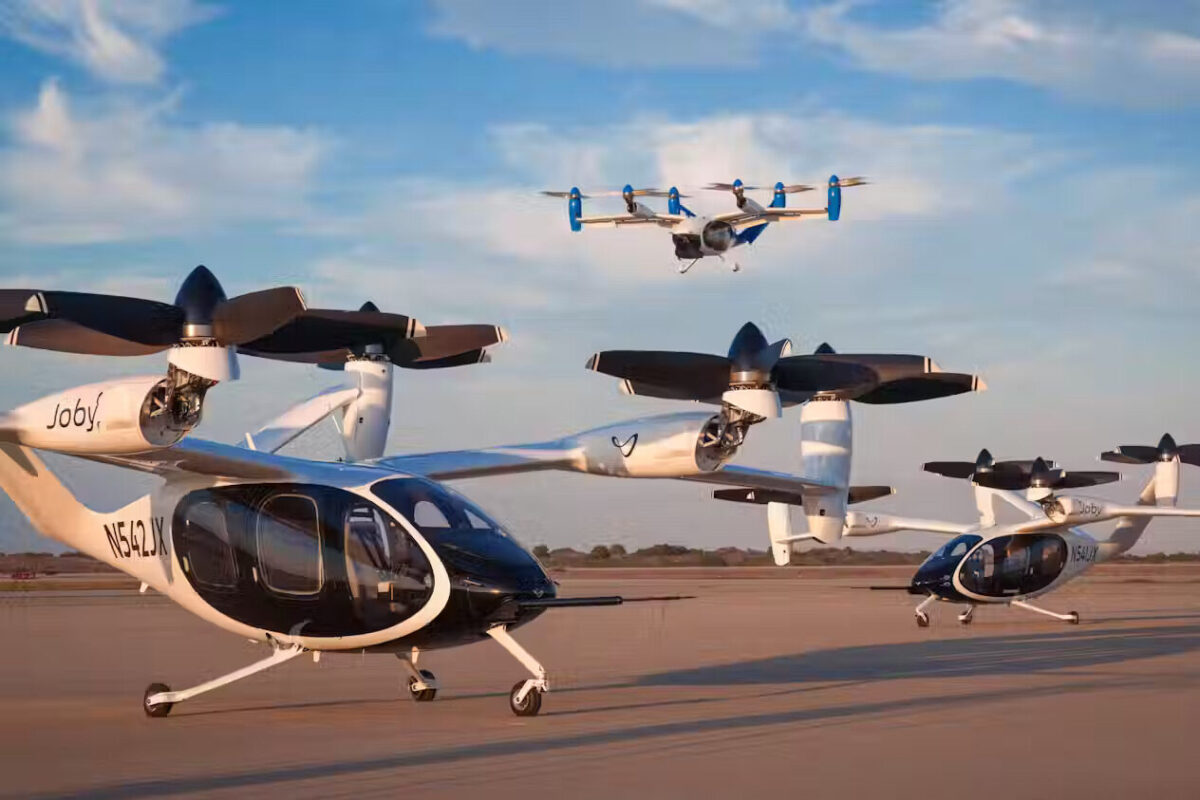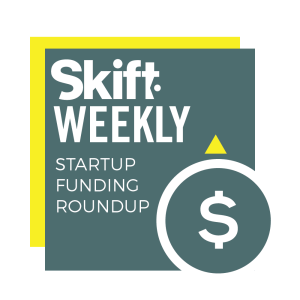Joby Aviation Raises $500 Million from Toyota for Flying Taxis: Startup Funding Roundup

Skift Take

Travel Startup Funding This Week
Each week we round up travel startups that have recently received or announced funding. Please email Travel Tech Reporter Justin Dawes at jd@skift.com if you have funding news.Joby Aviation just closed the largest single round of funding for a flying taxi startup in years.
The $500 million came from Toyota, which is among multiple major transport companies that want to see flying taxis — essentially modern helicopters — as part of everyday commercial travel.
Among others, Archer Aviation has raised hundreds of millions of dollars this year as it develops its own flying taxis and an airport network in California.
Six travel startups announced fundraises over the last week totaling nearly $540 million.
Joby Aviation: $500 MillionJoby Aviation, which is developing an electric air taxi for commercial service, has raised $500 million from Toyota Motor Corp.
The first half of the funding is expected to close later this year, and the second is planned to close in 2025.
Toyota has now invested $894 million in Joby. Toyota says its investment aligns with its aim to redefine itself as a “mobility company” and “realize the dream of air mobility for personal or daily travel.”
Joby has now raised a total of $2.5 billion in funding, according to Crunchbase. The startup went public in 2021 at a valuation of $4.5 billion through a merger with a special purpose acquisition company.
The California-based company is designing an electric vertical take-off and landing air taxi (eVTOL) with a top speed of 200 miles per hour, a maximum range of 150 miles, and space for a pilot and four passengers.
The company intends that its aircrafts will be used in urban settings as a type of rideshare service, bookable through an app. It says its aircraft would take 7 minutes to travel fr

